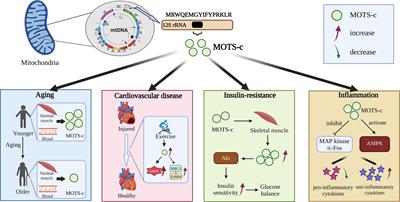EDITORIAL
Published on 17 Oct 2024
Editorial: Role of mitochondrial stress response in metabolic health
doi 10.3389/fendo.2024.1504718
- 621 views
7,585
Total downloads
24k
Total views and downloads
EDITORIAL
Published on 17 Oct 2024
ORIGINAL RESEARCH
Published on 24 Sep 2024
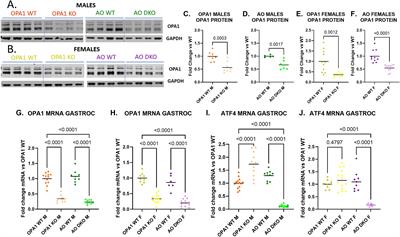
ORIGINAL RESEARCH
Published on 23 Oct 2023
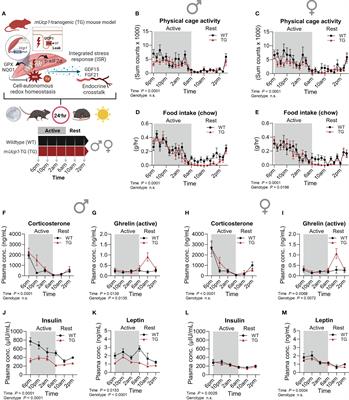
MINI REVIEW
Published on 25 Sep 2023
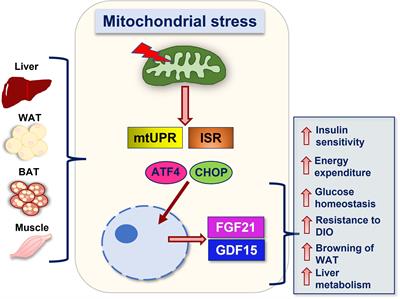
ORIGINAL RESEARCH
Published on 16 Mar 2023
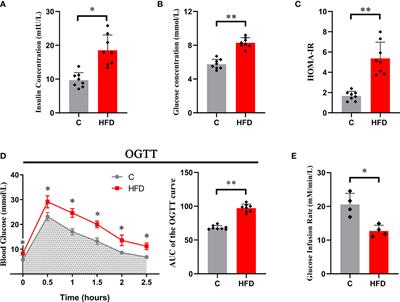
MINI REVIEW
Published on 25 Jan 2023
